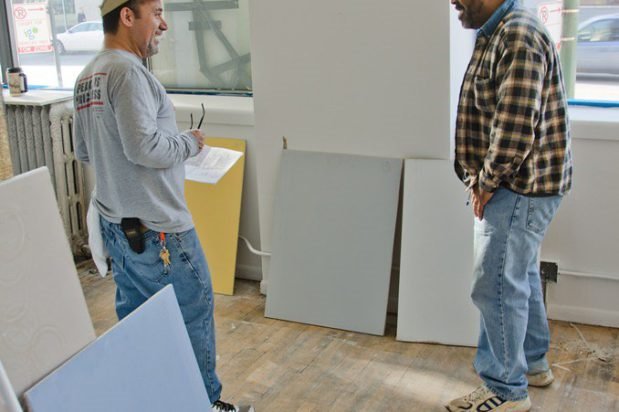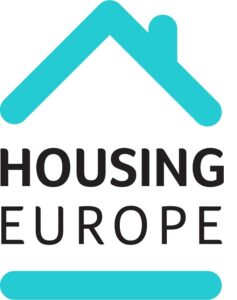Renovation coaches

In several countries, “renovation coaches” have been introduced to guide building owners, for example, on cost-efficient renovation procedures[1].
Description
One approach has been the establishment of one-stop shops [2]. There are a variety of legal models for these, from in-house publicly administered to private commercial operators. Few initiatives have focused on promoting affordable and inclusive energy transition among a range of households and housing tenures. However, the one-stop shops of Belgium intended to assist both homeowners and tenants in the energy efficiency of their homes are well-developed and will be further developed as part of the Green Deal.[3] The “De Energiecentrale” (https://stad.gent/nl/energiecentrale) is a one-stop shop for advice and guidance on increasing the energy efficiency of private homes, established by the city of Ghent. As energy poverty is a growing concern, De Energiecentrale has worked out a multilevel approach for helping vulnerable households lower their energy bill, for example, by:
Promoting energy-efficient behaviour using energy scans and subsidies for energy-saving appliances among tenants and owners who lack the financial resources for renovation;
Promoting and supporting basic renovations to increase energy efficiency and improve basic housing quality, providing customized renovation guidance;
Enabling every Ghentian inhabitants to renovate, even those with insufficient savings or those who cannot get a loan. To support the inhabitants, the city of Ghent has established a revolving climate fund. Through this fund, De Energiecentrale provides soft consumer loans for energy renovations;
Partnering with the Urban Innovative Actions project “Improving housing Conditions for Captive Residents” (ICCARus) [4], which aims to renovate houses of 100 households in Ghent that do not meet the minimal living standards. ICCARus awards a starting capital of EUR 30,000 for each house, which must be refunded upon change of ownership;
Speeding up the renovation of social housing units and enhance their energy efficiency. Ghent provides investment grants for the renovation of social housing and new construction projects, and also provides funding for energy studies;
Investigating the possibilities of integrating renewable energy into social housing pilot projects.
In the United States, the energy saver renovation programme of Chicago[5] targets owners of condominium buildings accommodating low-income renters. It provides landlords with an energy analysis, cost-effective energy-saving recommendations, low-cost financing, and advice on accessing rebates and other subsidy programmes. It also provides construction management and building performance monitoring to ensure ongoing energy savings.
Scale
Local
More information
[1] For more information on renovation coaches, see https://www.warmerwonen.be/ (accessed on 10 October 2020).
[2] Benigna Boza-Kiss and Paolo Bertoldi, “One-stop-shops for energy renovations of buildings: Case studies”, Science for Policy Report, JRC113301 (European Commission, Ispra, 2018). Available at https://e3p.jrc.ec.europa.eu/sites/default/files/documents/publications/jrc113301_jrc113301_reportononestopshop_2017_v12_pubsy_science_for_policy_.pdf (accessed on 23 November 2020).
[3] The Flemmish approach of Belgium was presented at the Housing2030 workshop in November 2020 (www.housing2030.org, accessed on 23 November 2020).
[4] Urban Innovative Actions, “ICCARus (Gent knapt op) – Improving housing Conditions for CAptive Residents in Ghent”. Available at https://www.uia-initiative.eu/en/uia-cities/ghent-call3.
[5] According to Peter Ludwig of CNTenergy, the Energy Savers programme of Chicago has upgraded 7,500 housing units for efficiency, created 350 jobs, and resulted to savings for occupants and owners. Available at https://rpsc.energy.gov/sites/default/files/reports/c-705_EnergySavers.pdf (accessed on 23 November 2020).
https://stad.gent/nl/energiecentrale

An initiative of:


